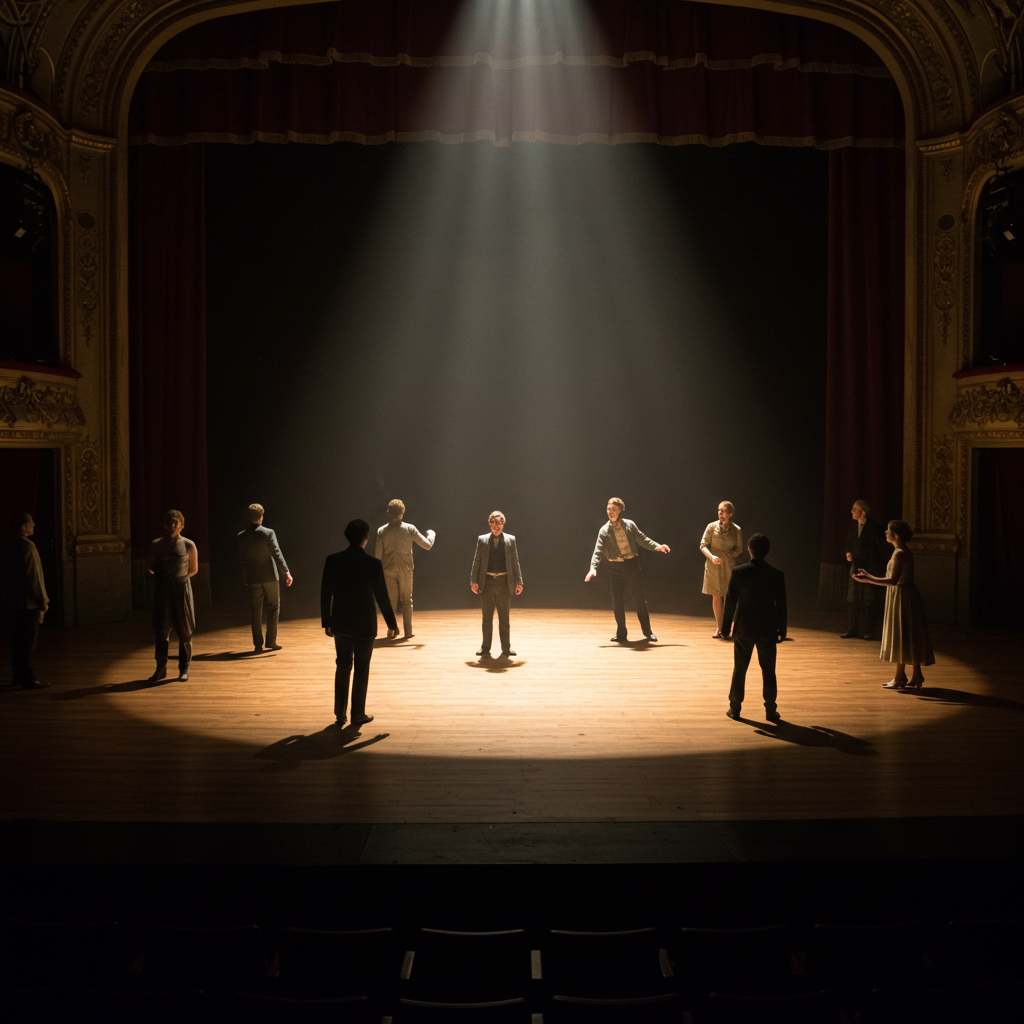All the world’s a stage
William Shakespeare
1564 to 1616

Track 1
Reconstruct the poem by dragging each line into its correct position. You can also use the up (↑) and down (↓) arrows to move a line one place at a time, or the top (⇑) and bottom (⇓) arrows to move a line directly to the top or bottom. Your goal is to reassemble the original poem as accurately as possible. As you move the lines, you'll see whether your arrangement is correct, helping you explore the poem's flow and meaning. You can also print out the jumbled poem to cut up and reassemble in the classroom. Either way, take your time, enjoy the process, and discover how the poet's words come together to create something truly beautiful.
Easy Mode - Auto check enabled
With eyes severe and beard of formal cut,
Full of wise saws and modern instances;
And one man in his time plays many parts,
With spectacles on nose and pouch on side;
And so he plays his part. The sixth age shifts
Then the whining schoolboy, with his satchel
In fair round belly with good capon lined,
And shining morning face, creeping like snail
Into the lean and slipper’d pantaloon,
For his shrunk shank; and his big manly voice,
All the world’s a stage,
His youthful hose, well saved, a world too wide
Jealous in honour, sudden and quick in quarrel,
Full of strange oaths and bearded like the pard,
And all the men and women merely players;
Sans teeth, sans eyes, sans taste, sans everything.
That ends this strange eventful history,
Unwillingly to school. And then the lover,
Made to his mistress’ eyebrow. Then a soldier,
Even in the cannon’s mouth. And then the justice,
Sighing like furnace, with a woeful ballad
Seeking the bubble reputation
Mewling and puking in the nurse’s arms.
Turning again toward childish treble, pipes
Is second childishness and mere oblivion,
They have their exits and their entrances,
And whistles in his sound. Last scene of all,
His acts being seven ages. At first, the infant,

